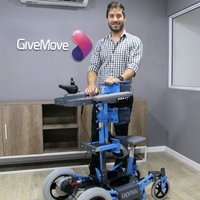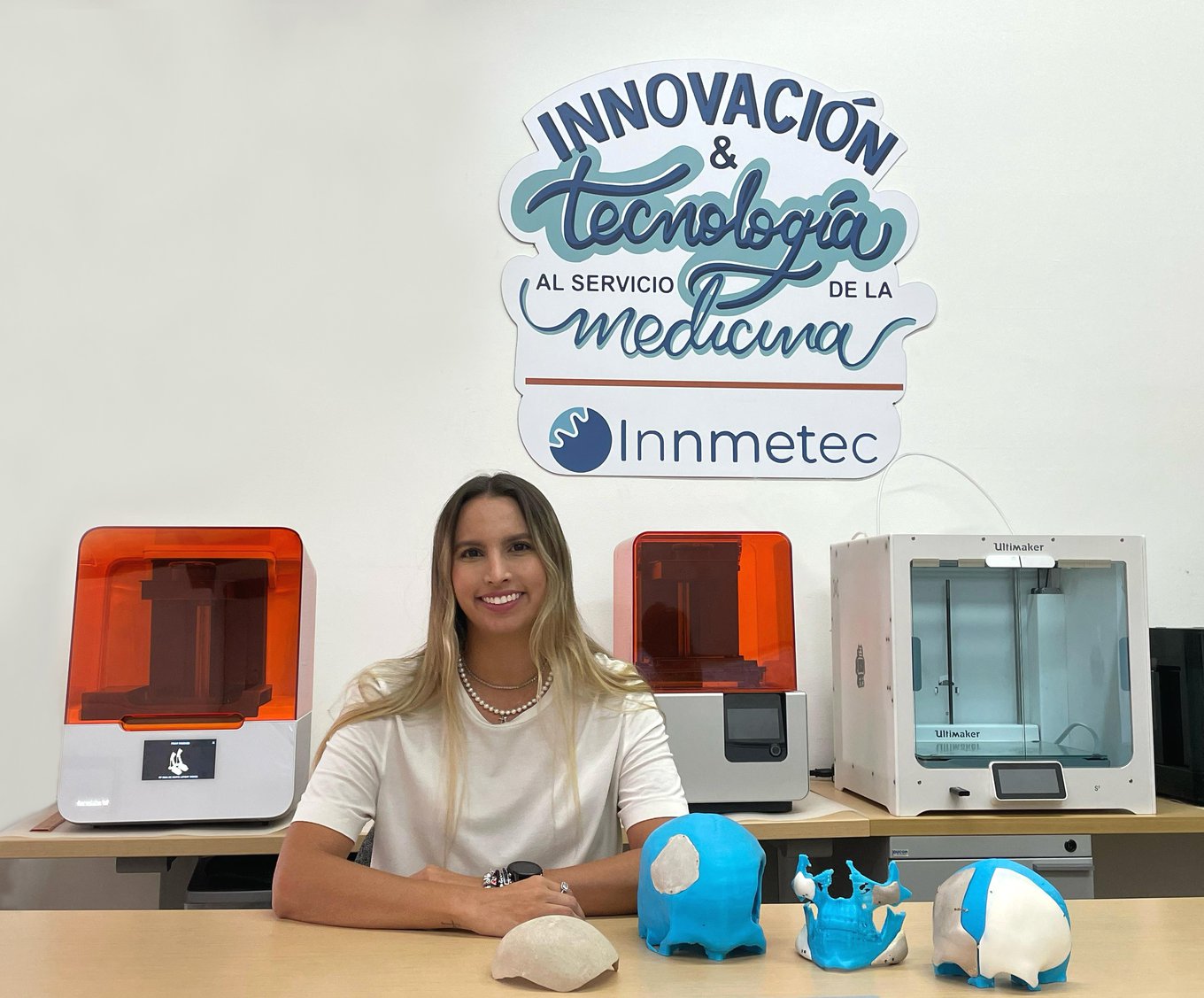Head injuries are a major cause of
death worldwide, especially among young people and in low-income countries, and
survivors can suffer permanent sequelae that affect their bones and physical
appearance. As with people born with craniofacial anomalies, these deformities
of the face and head can cause a deterioration in the quality of life and
mental health of those who suffer from them.
Since she was a child, young
Colombian Catalina Isaza (31 years old) had wanted to be a doctor, although she
finally chose to study product design engineering at EAFIT University in
Medellín. She made that decision with the intention of creating medical devices
to improve people's quality of life and in her academic career she discovered
biomaterials and the potential positive impact of their application in the
field of health. To help people with cranial and maxillofacial defects, she
created Innmetec, a start-up that designs bone implants with a material very
similar to bone. For this breakthrough, Isaza has been chosen by MIT Technology
Review in Spanish as one of the Innovators under 35 Latin America 2023.
Innmetec uses a material designed
by Isaza that does not need to be replaced in the future. This product is a
mixture of the mineral hydroxyapatite, which mainly forms our bones, and an
inert polymer to which porosity is added so that it integrates with the bone.
The current alternatives on the market based on metals, such as titanium, have
problems of heating or cooling and pain, explains the innovator. "We make
customized implant surgical plans with an exclusive design for trauma or tumors
to restore functionality and also esthetics," the young woman details.
"We increase the well-being of patients who require a bone solution
through digital surgical planning and customized bone implants that reduce
times, risks, and costs during surgeries. The bone that integrates with the
implant remodels as the child grows and avoids having to be replaced over
time."
After numerous successful cases
over the years in Colombia, where her customized implants improve physical,
mental, and emotional recovery in patients who needed a bone replacement, Isaza
aspires to expand her creation to more countries in Latin America, where the
rate of cranioencephalic trauma exceeds the world average. Expanding and
democratizing this new and more effective method for treating
craniomaxillofacial injuries, she hopes, will contribute to saving lives and
reducing the discomfort of numerous patients in the region.




